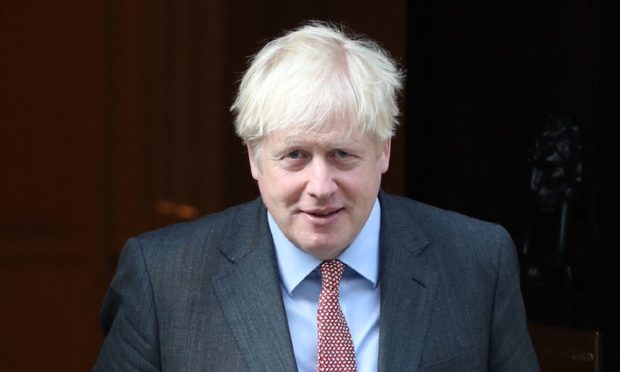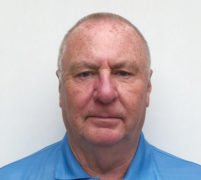People the length and breadth of the UK are caught in a jumble of mixed messages, bumbling bureaucracy and political in-fighting.
The mantra of following scientific advice has been discarded and in its place we now have a mish-mash of different restrictions, only partly based on controlling the virus and increasingly based on vested interests and political expediency.
Nowhere has that been more clearly illustrated than in Greater Manchester, where Mayor Andy Burnham refused to accept more stringent restrictions unless the government threw more non-existent money to minimise the economic hardships such measures would cause.
While, on the face of it, both arguments had some merit, the central aim of local lockdowns played second fiddle to the unseemly battle of local Labour versus national Conservative. The physical health of the region’s population was sacrificed on the altar of some ugly political arm-wrestling.
There cannot be many people who actually understand what they can and can’t do and where they can and can’t go.
The UK Government’s three-tier system, supposedly devised to make the rules simpler, is now even more complicated than the system it replaced.
Lancashire and Liverpool are both in the highest tier, yet gyms are allowed to open in Lancashire but not in Liverpool, while soft play areas remain open in Liverpool, but not in Lancashire.
Faced with such mass confusion, it is hardly surprising that support is growing for adopting the approach followed by Sweden, which has never locked down, does not insist on face masks and simply stresses the measures each individual should adopt to avoid spreading the infection, and then trusting them to do so.
While Sweden’s death rate is higher than its Scandinavian neighbours, it has not seen the second wave much of Europe is currently witnessing. Some scientists are now advocating that strategy rather than continuing to play lockdown hokey-cokey.
Scotland is generally viewed to have handled the pandemic better than England, partly because of some deft political manoeuvring by the first minister, who has consistently imposed much the same measures as England, but subtly tweaking the timing along the way.
Her daily press conferences have allowed her to communicate effectively, in contrast to the information vacuum down south.
She has not, however, been fault-free. She was far too slow to react to the increase in cases in the central belt, and Glasgow in particular, and the 17-day closure of most indoor hospitality on apparently flimsy scientific evidence smacks of panic.
It seems bizarre that holidaymakers returning to Scotland from Greece or Portugal have to quarantine for 14 days, but those returning from some Greek or Portuguese islands are exempt – and yet no such exemption from the current measures was granted to Orkney and Shetland, both of which have registered just a handful of new cases so far this month.
The islands’ hospitality industry has been jeopardised and I find it unfathomable that concessions are made for other countries’ islands and not our own.
Perhaps the saddest fall-out from the pandemic – other than the death toll, of course – has been the further fragmentation of the four nations of the UK.
Regardless of individual views on independence, nobody benefits from a situation which sets one nation against another. Much of the blame for this lies with Boris Johnson and his Cabinet, which has embraced the top-down approach to government with far too much relish.
This “do as we say” diktat was always going to cause friction, and both Nicola Sturgeon and Welsh First Minister Mark Drakeford have had difficulty concealing the contempt they feel for Westminster.
All political leaders speak of the need for a four-nation unified approach to tackling coronavirus, but it will take more than just words to make that actually happen. The prime minister has to start treating Scotland, Wales and Northern Ireland as colleagues in a fight against a common enemy rather than minions who are placing obstacles in the way of everything he tries to do.
That may well go against his natural instincts, but it is the only way that the UK is going to turn the tide.
After the Conservatives’ thumping majority in last year’s Brexit-dominated general election, commentators were united in the belief that it would be near-impossible for opposition parties to defeat them when the next ballot is held in 2024.
If Boris Johnson does not show that he has the ability to turn things around – and quickly – he runs the risk of being jettisoned by his own party colleagues, to prevent the growing disenchantment culminating in a rout next time round.
The warning signs are shining bright, and he ignores them at his peril.
Derek Tucker is a former editor of The Press and Journal

